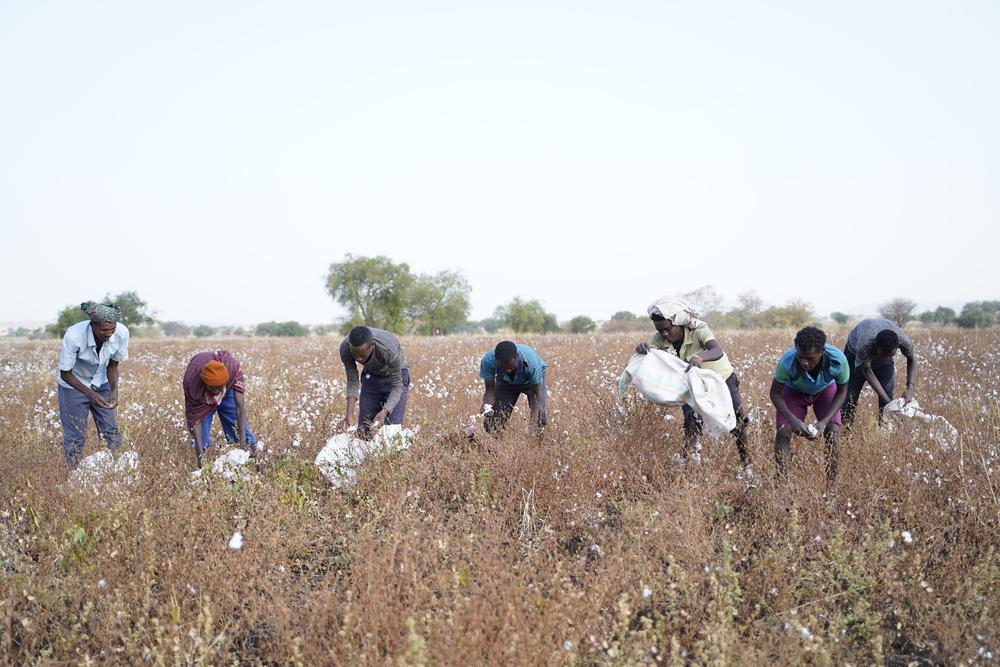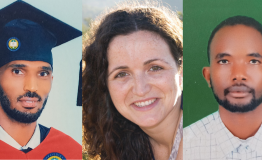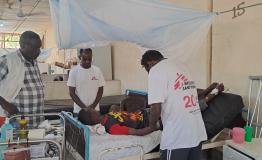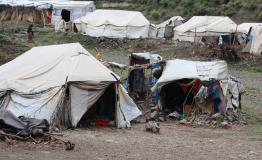Haben Nigussie lives in a remote area of North Western Tigray called Rahwa, near the Tekeze River, which is over two and a half hours from Shire town where Doctors Without Borders (MSF) runs a neglected tropical disease (NTD) ward.
NTDs are a group of more than 20 diseases that affect people in tropical areas, especially those living in resource-poor communities. These diseases are caused by bacteria, viruses, parasites, fungi, and toxins.
“It started with fever, weight loss, and weakness — common symptoms at the start of many diseases. As it got worse from day to day, I went to the local health centre, which is a one-hour walk from where I live. They told me that I had malaria, so they prescribed me medication, but my condition worsened instead of improving” says Haben.
“I was exhausted. I could not sleep, and my body was getting weaker. I thought the malaria medicine would help, but I didn’t get any better. Unsure of what was wrong, I went to a private clinic where they told me I had typhoid fever” he added.
Even so, his condition did not improve. Frustrated and increasingly weak, Haben had no choice but to travel over two and a half hours from his hometown of Rahwa to Shire, hoping to find a diagnosis that could explain his condition.
“As soon as I arrived in Shire, I went to Shire health centre. After the examination they could not find anything specific’’
With no new answers from the local health centre, Haben decided to visit a private clinic in Shire town, the fourth health facility he went to seek treatment. “After running more specialized tests, the doctors told me that I had kala azar.”
Kala azar, also known as visceral leishmaniasis, is one of the most common NTDs in Ethiopia — a serious parasitic infection transmitted by the bite of infected sandflies causing fever, weight loss, swelling of the liver and spleen, and anemia. If left untreated, it can be fatal. In Ethiopia, according to the Ministry of Health, 3.2 million people in six regions of the country are at risk of kala azar.
Haben was immediately referred to Suhul hospital, where MSF has a dedicated NTD ward to provide the specialized treatment needed for kala azar, snakebite, and rabies.
Fortunately, with the right treatment and support of MSF teams, Haben’s condition began to improve after being admitted to Suhul hospital.



